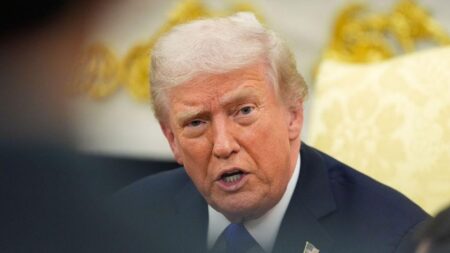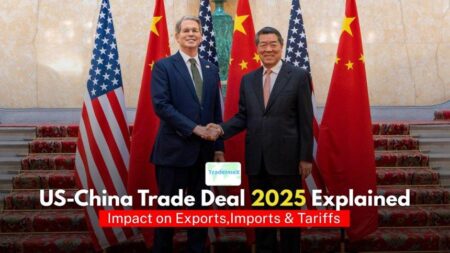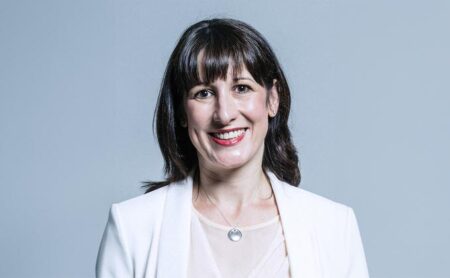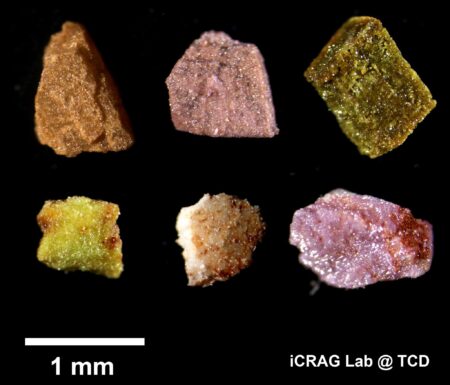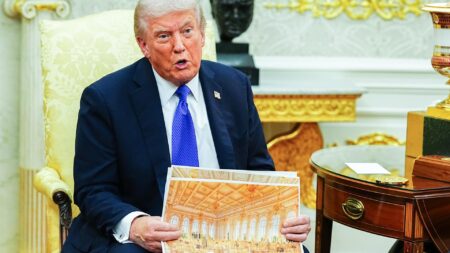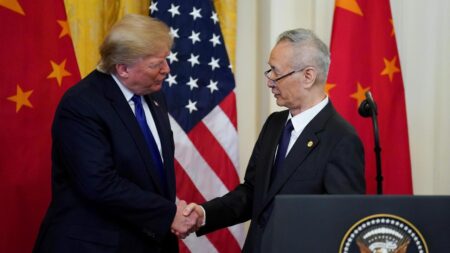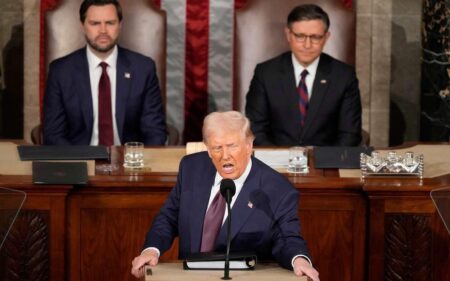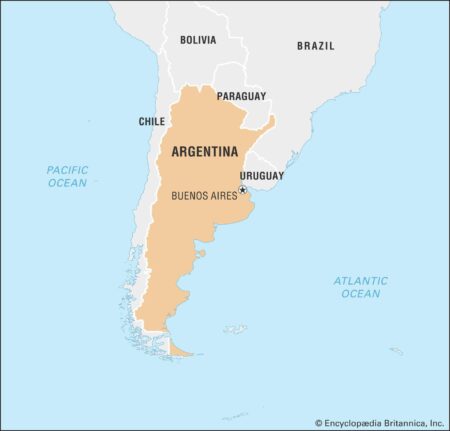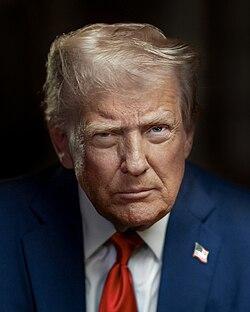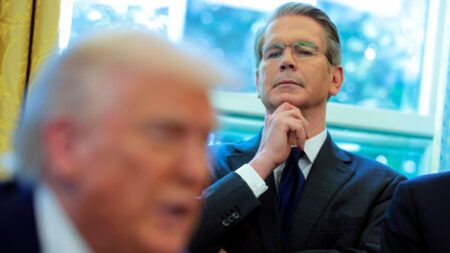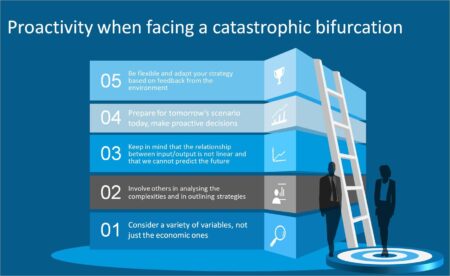Italy’s central bank is urging local banks to strengthen their reserves, gearing up for possible losses amid tough economic times. This proactive step underscores the critical push to safeguard financial stability amid persistent uncertainties, Reuters reports
Browsing: economic policy
Colby Cosh explores Canada’s surprising resurgence of admiration for Ronald Reagan and free trade, uncovering shifting political attitudes and a renewed surge of economic optimism in the National Post’s latest analysis
In a surprising turn of events, President Trump has sharply increased tariffs on Canadian goods following a provocative ad by Ron Reagan. According to the BBC, this bold move escalates the already fierce trade tensions between the US and Canada
A groundbreaking “framework” has been established for a major U.S.-China trade deal, says Scott Bessent. This exciting breakthrough represents a crucial leap forward in the ongoing efforts to ease tensions and deepen economic ties between the two global powers
U.S. Treasury official Bessent confidently assured that the United States won’t lose a single dime on the Argentina bailout. He emphasized strong safeguards carefully crafted to protect American taxpayers, no matter how uncertain the economic landscape becomes
UK Chancellor to lead dynamic Gulf trade talks set to strengthen economic partnerships and ignite pro-growth initiatives. These pivotal discussions are poised to supercharge investment flows and open exciting new market opportunities, highlighting London’s ambitious drive for global trade expansion
In Japan and South Korea, President Trump is preparing to unveil bold new investments aimed at strengthening economic ties. However, key details about the size and focus of these initiatives remain unclear, reports AP News
Bessent reveals that the US and China have reached a groundbreaking framework deal on rare earths, easing tensions ignited by Trump’s tariff threats. In an exclusive NBC interview, he calls this a hopeful breakthrough in trade relations, Reuters reports
Trump’s involvement in Argentina’s bailout ignites fierce debate, as critics argue it benefits his hedge fund allies and poses risks to U.S. economic stability
The U.S. and China have just made a significant breakthrough, unveiling a preliminary framework for a groundbreaking new trade deal, sources reveal. This landmark agreement aims to slash tariffs and unlock new market opportunities, marking an encouraging shift toward easing years of bilateral tensions
France’s Socialists are championing the return of the wealth tax, aiming to bolster government finances amid challenging economic times. This ambitious move targets inequality directly and promises to increase funding for essential public services, sparking spirited debate as elections draw near
The Trump administration has launched an in-depth investigation into China’s commitment to the 2020 trade deal, rigorously scrutinizing whether Beijing has genuinely upheld its promises amid ongoing trade tensions, Al Jazeera reports
Despite ambitious economic reforms, Argentina still struggles to regain investor trust. Persistent inflation, rising debt concerns, and unpredictable policies continue to spark skepticism, leaving foreign capital wary and reluctant to come back
Former President Donald Trump has abruptly canceled trade talks with Canada following a bold Canadian anti-tariff ad, NBC News reports. This surprising move throws the future of U.S.-Canada trade relations into question
France’s ongoing economic struggles are driven by rigid labor laws, soaring public spending, and fierce political resistance to change. These challenges combine to choke growth and innovation, making it increasingly difficult for the country to maintain its edge in the global arena
Fox Business reports Bessent fired back at Senator Warren’s $20B Argentina deal critique with a bold and provocative reference to a notorious fascist leader, fiercely defending the agreement. This fiery clash intensifies the debate over U.S. foreign investments like never before
In Episode 178 of The AAF Exchange, join us for a captivating deep dive into economic bifurcation, Argentina’s urgent challenges, the shifting landscape of rare earth markets, and the powerful impact of tariffs on global trade. Discover exclusive insights from The American Action Forum that reveal key policy implications shaping our world
China’s economic growth has stumbled dramatically, weighed down by soaring tariffs and a deepening slump in the property market. This slowdown highlights growing challenges for the world’s second-largest economy, the Los Angeles Times reports
Bank of Canada Governor Tiff Macklem announced that a Canada-US tariff agreement could be finalized as early as next week, Bloomberg reports. These crucial talks aim to ease trade tensions and open the door to stronger economic ties between the two countries
Japan’s Economy Minister Takaichi passionately urged the Bank of Japan to focus on achieving inflation by ensuring steady wage growth, emphasizing that boosting household income is key to powering a robust economic recovery


